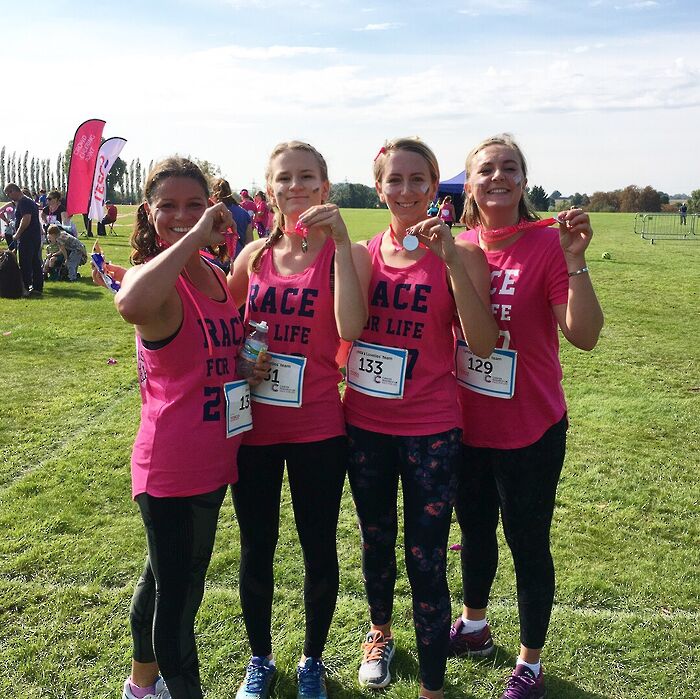Cantab start-ups scoop awards
The teams were challenged to come up with solutions to the problems of modern city living

Three teams from the University of Cambridge scooped awards last month at the Lee Kuan Yew Global Business Plan Competition.
The biennial competition, which requires at least one member of the team to be a current university student, claims to “[invite] the brightest minds from the world’s most entrepreneurial universities to come together to tackle the challenges of the 21st century.” This year’s theme, ‘Smart City’, challenged the teams to come up with solutions to problems faced in one of four areas: health, living, mobility and services.
Three Cambridge groups – Inkling, FlowX and Cambridge Cancer Genomics – were selected from 550 applicant teams to become one of 36 finalists. They presented their products in front of a panel of judges at the Singapore Management University.
Cambridge Cancer Genomics, who use blood tests to guide smarter cancer therapy, were the overall award winners in the Smart Health category of the competition. Winning a total of three awards, their prize money totalled S$126,000, which is equal to nearly £70,000. Evaline Tsai, Co-Founder of Cambridge Cancer Genomics and a Cambridge graduate, stated: “We’ll be using the cash prizes to further develop our technology, helping us get into the clinic faster to reach our goal of transforming cancer care.”
Inkling and FlowX also won awards for their business plans, which centre around air pollution and congestion, major issues in the city of Cambridge.
Traffic data specialists INRIX ranked Cambridge as the 13th most congested city in the UK. Researchers calculated that the direct and indirect cost of congestion in the city was £39 million last year, an average of £834 per motorist.
To address these issues, Inkling created a pollution-measuring system that by using graphene conductive inks as sensors. They currently developing their product with Renasas Electronics Company as a result of their success at the competition.
FlowX aims to provide a solution to the city’s congestion issues by integrating data from existing infrastructure sensors, like CCTV, then applying machine learning to optimise traffic signals. Richard Cartwright, co-founder of FlowX, told Varsity that “congestion is a huge global problem that deserves more solutions. The environmental cost of congestion is a huge driver behind our work. We hope to enable many more cities to reduce negative environmental impact.”
Cartwright deferred his MA in Economics at Peking University Business School after being offered a place to further develop FlowX at the Ordinance Survey’s start-up accelerator Geovation Hub. He added that the team would be looking to implement their technology in Cambridge: “We will be progressing our conversations with the Cambridge authorities to see exactly how we can help them.”
 News / Clare Hall spent over £500k opposing busway 24 December 2025
News / Clare Hall spent over £500k opposing busway 24 December 2025 Comment / The ‘class’ of Cambridge24 December 2025
Comment / The ‘class’ of Cambridge24 December 2025 News / Caius mourns its tree-mendous loss23 December 2025
News / Caius mourns its tree-mendous loss23 December 2025 News / Girton JCR publishes open letter expressing solidarity with Palestine25 December 2025
News / Girton JCR publishes open letter expressing solidarity with Palestine25 December 2025 Comment / Yes, I’m brown – but I have more important things to say22 December 2025
Comment / Yes, I’m brown – but I have more important things to say22 December 2025










